
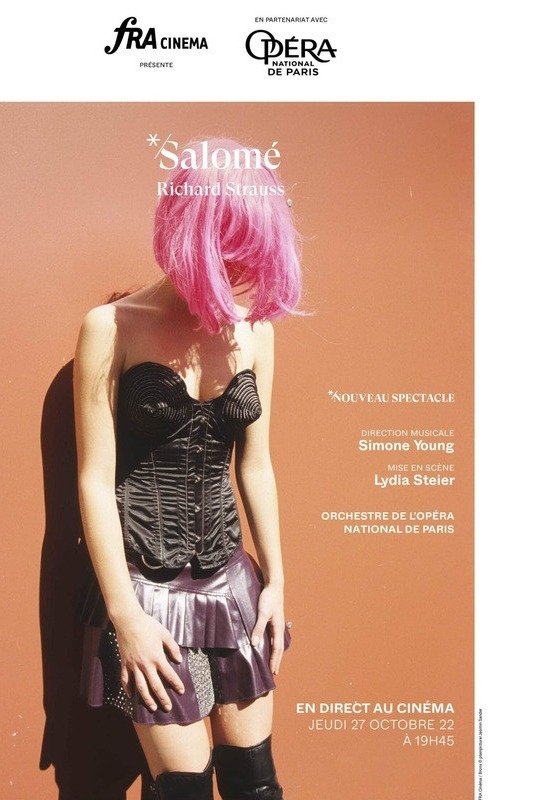
Salome, princess of Judea, the daughter‑in‑law of King Herod, finds life in her father‑in‑law’s palace dreary. Her curiosity is roused when she hears the voice of Jochanaan, a prophet held prisoner by Herod who is afraid of him. Obsessed by this enigmatic and virtuous man, Salome is ready to do anything to possess him, dead or alive. Drawing on Oscar Wilde’s scandalous play of the same name, in 1905 Richard Strauss produced the work that was to ensure his status as Wagner’s successor in the history of German opera. A dazzling hour and forty minutes, decadent in its very essence, which, for her debut at the Paris Opera, Lydia Steier treats as a dystopia in which amorality rules.
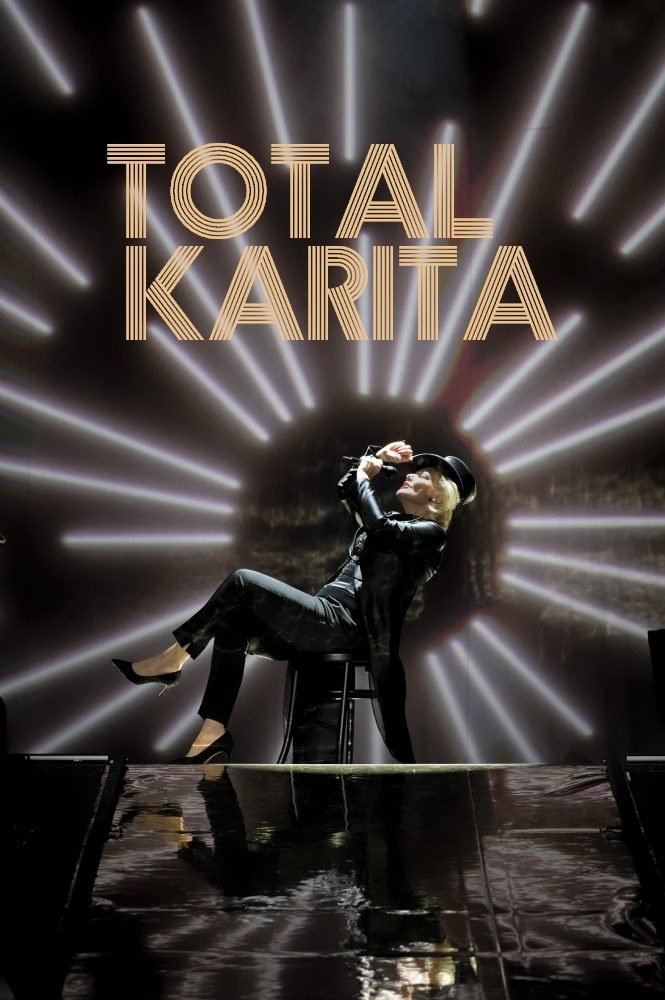
The two parts of the evening showcase two opposite extremes of emotion. Firstly, Poulenc’s powerful La voix humaine (The Human Voice) tells the touching story of an abandoned woman. The opera monologue of approximately 45 minutes is performed in melodramatic film noir style. After the interval the atmosphere changes dramatically, turning into a raucous show of musical classics and popular repertoire. Directed by Jussi Nikkilä and conducted by Dalia Stasevska, this event has been put together specifically to showcase the great artistry of Karita Mattila.

The libretto of the most well known opera by Dvořak, which premiered in Prague in 1901, is inspired by the Czech version of the Central European folktale, one we also know as Undine (1811) by Friedrich de la Motte Fouqué or The Little Mermaid (1837) by Hans Christian Andersen.
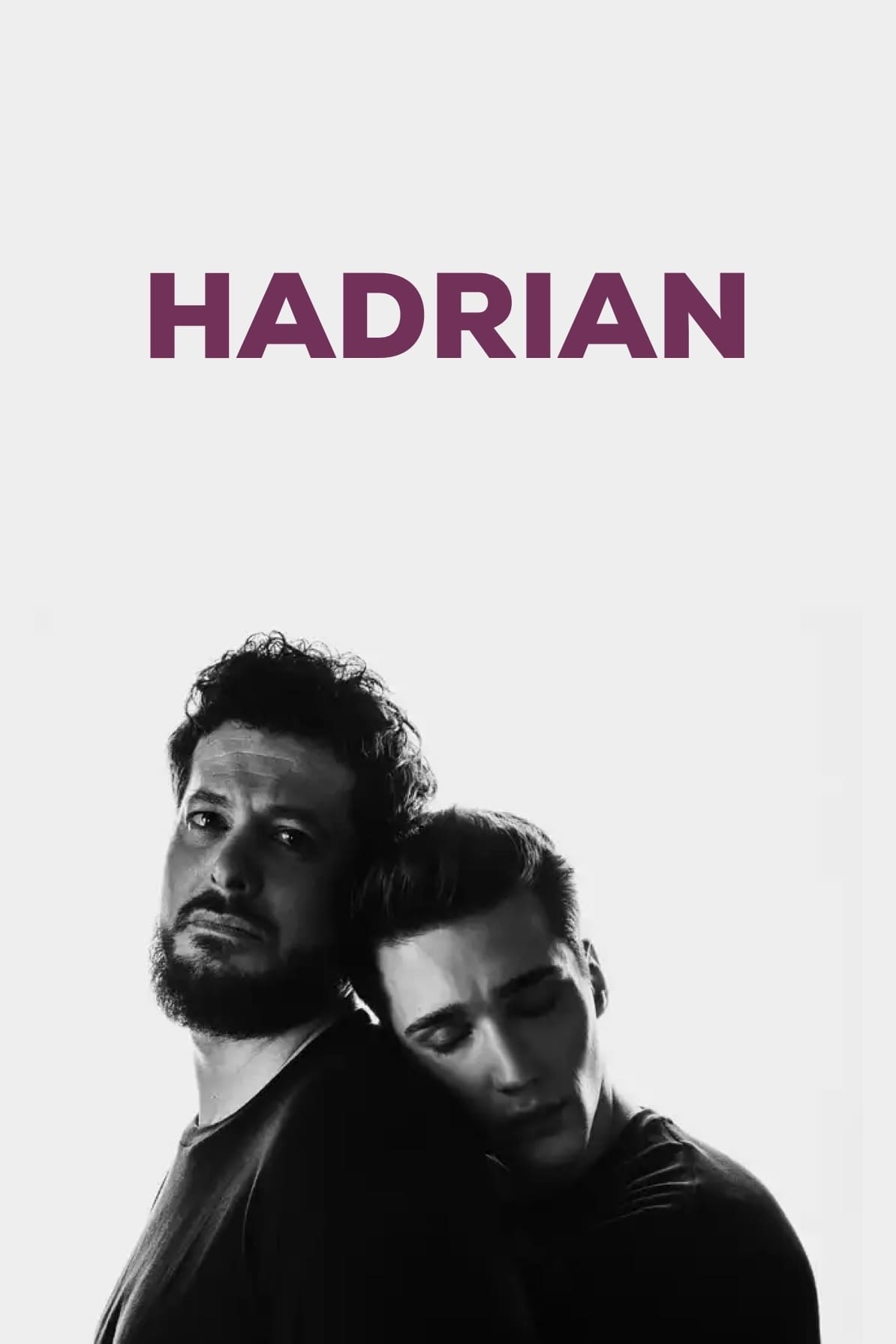
Rufus Wainwright's original opera finds Emperor Hadrian devastated after his lover Antinous drowns in the Nile River. While matters of state encroach on his grief, and advisors clamour for war against a radical new threat to the Empire, Hadrian slips out of time to re-encounter the vision and reality of Antinous—and learn the truth about what happened on the Nile.
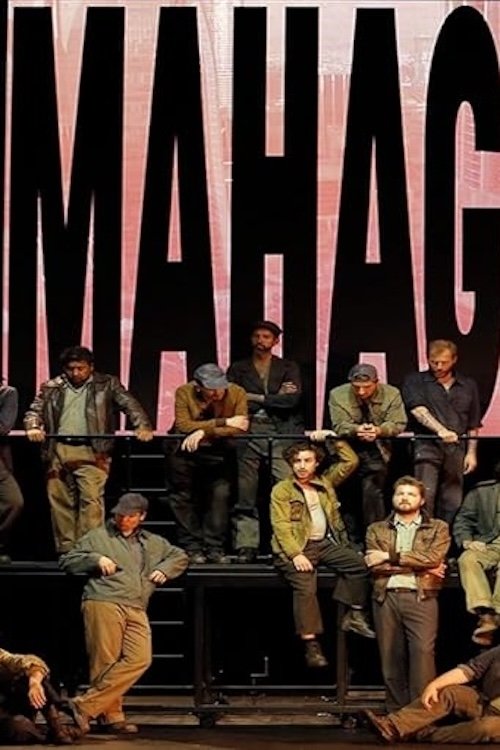
Composed in the 1930s by Kurt Weill and Bertolt Brecht, this is a mordant satire on capitalism and the inexorable industrialization of a society in which the ultimate crime is not having money
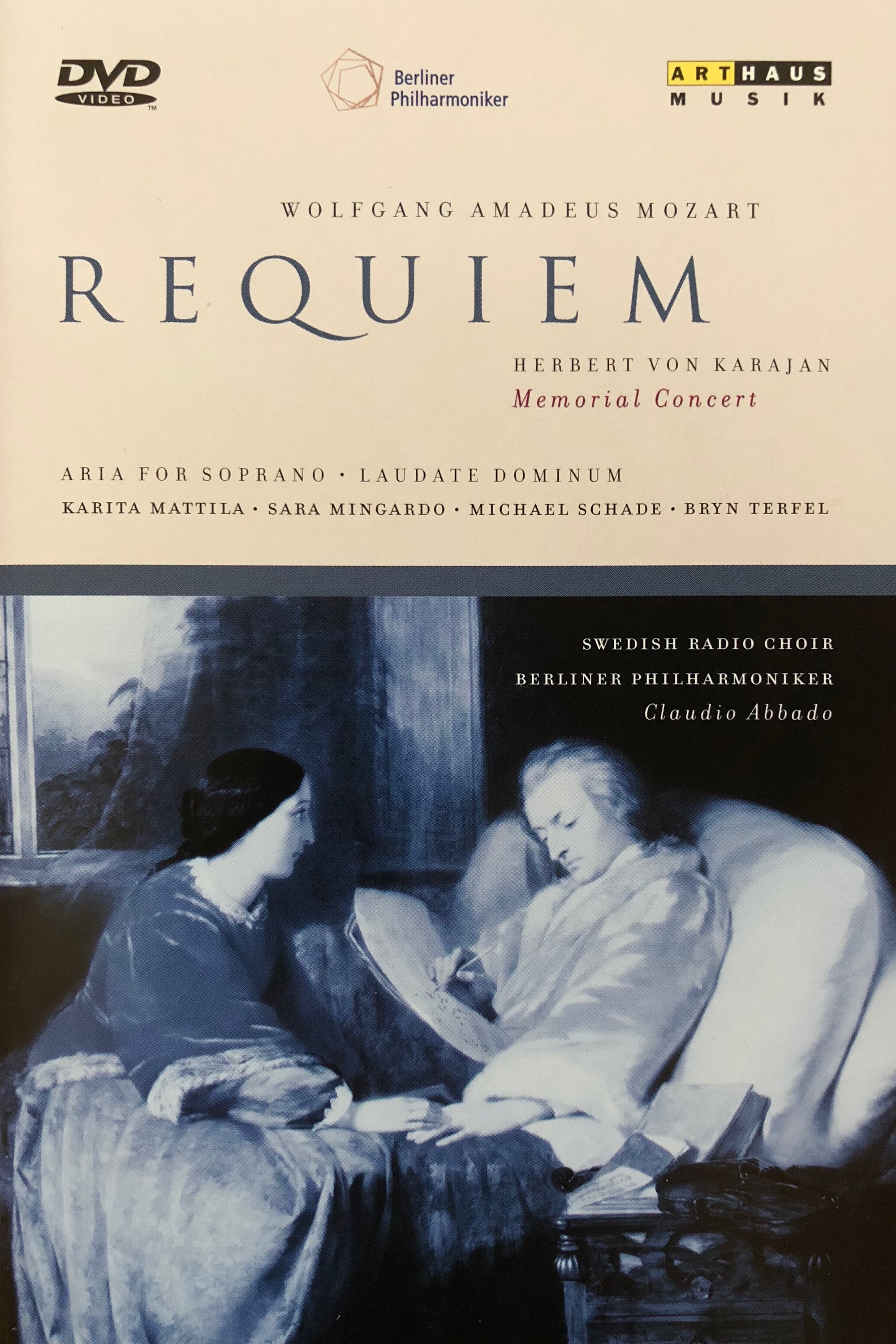
Claudio Abbado leads the Berlin Philharmonic and the Swedish Radio Choir in a performance of Mozart's Requiem at the Salzburg Cathedral to commemorate the 10th anniversary of renowned Austrian conductor Herbert Von Karajan's death. Featuring soloists Rachel Harnisch, Karita Mattila, Sara Mingardo, Bryn Terfel and Michael Schade, this solemn evening is a fitting tribute to one of the 20th century's most influential musical personalities. Live from Salzburg Cathedral on July 16th, 1999.
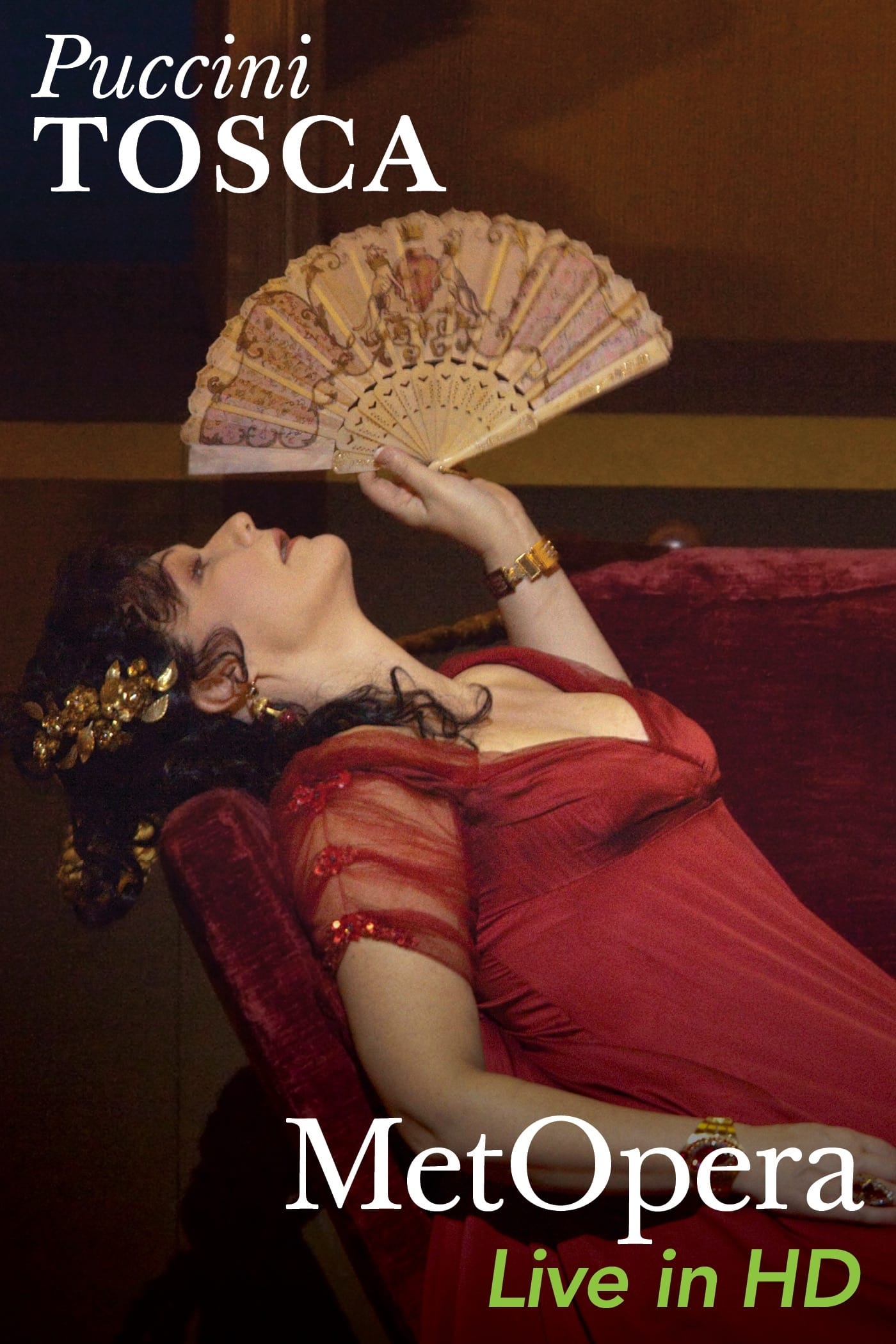
Puccini’s musical thriller of lust, murder, and politics is one of the most dramatically riveting operas in the repertoire. Luc Bondy’s production, with sets by Richard Peduzzi and costumes by Academy Award-winning designer Milena Canonero, opened the Met’s 2009–10 season. Karita Mattila stars as the beautiful and dangerously impulsive singer Floria Tosca. Marcelo Álvarez is her lover, the painter Cavaradossi, a political enemy of the powerful chief of police, Scarpia (George Gagnidze), who wants Tosca for himself.
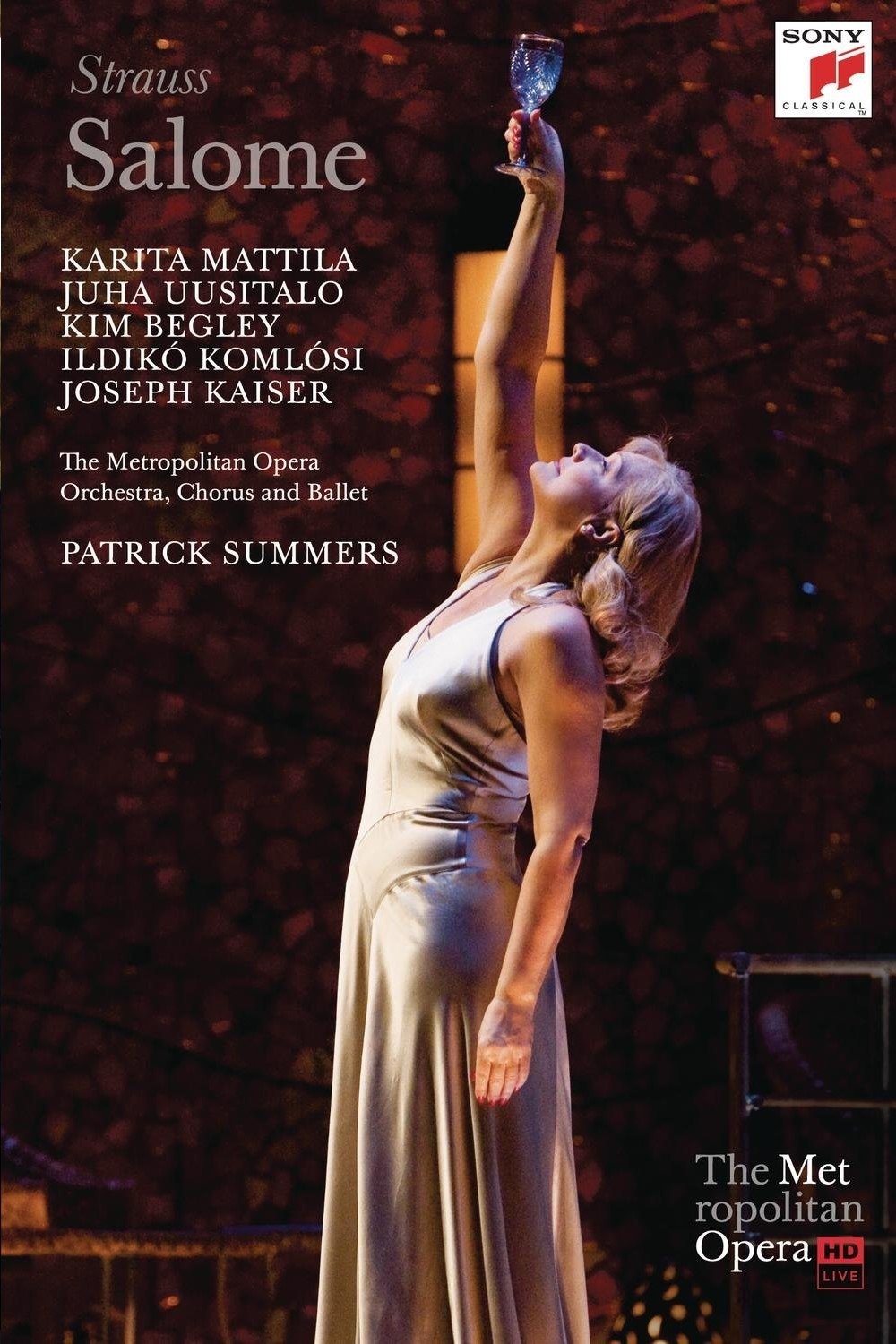
It is no wonder that Met audiences have gone wild over Karita Mattila’s sizzling Salome. Indisputably one of the greatest Salomes of our time, Mattila utterly incarnates Oscar Wilde’s petulant, willful, and lust-driven heroine. With Strauss’s groundbreaking music magnifying the degenerate atmosphere and building the erotic tension, this is one opera that is as shocking today as it was at its premiere in 1905.

One of today’s most compelling singing actresses, Karita Mattila takes on the irresistible role of Manon Lescaut, the headstrong young woman torn between a life of luxury and the call of her true love: the Chevalier des Grieux, played by Marcello Giordani. The young Puccini lavished some of his most sensual music on this early hit, conducted here by James Levine.
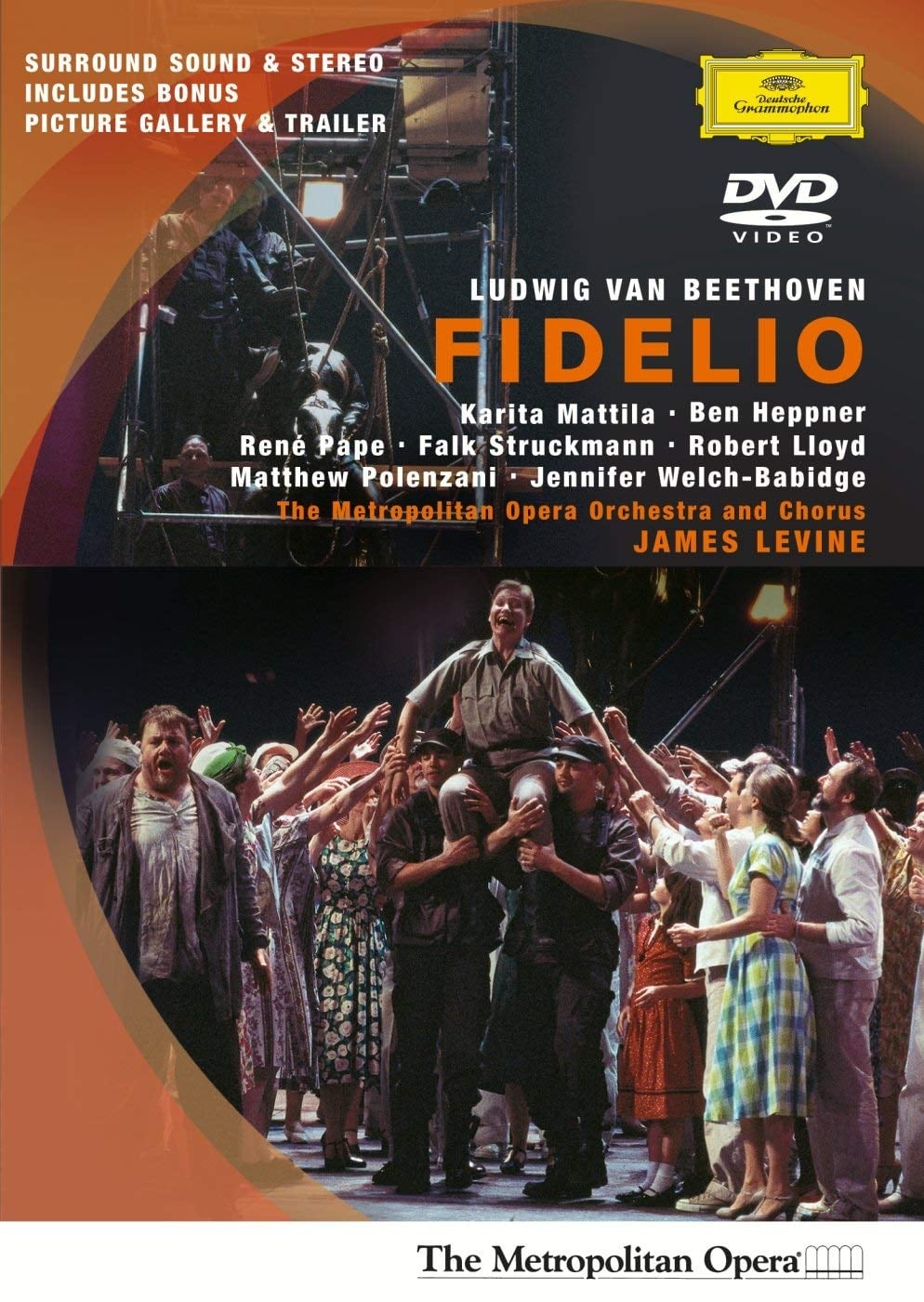
Two years prior to the opening scene, the nobleman Florestan has exposed or attempted to expose certain crimes of the nobleman Pizarro. In revenge, Pizarro has secretly imprisoned Florestan in the prison over which Pizarro is governor. The jailer of the prison, Rocco, has a daughter, Marzelline, and a servant (or assistant), Jaquino. Florestan’s wife, Leonore, came to Rocco’s door dressed as a boy seeking employment, and Rocco hired her. On orders, Rocco has been giving Florestan diminishing rations until he is nearly starved to death. Place: A Spanish state prison, a few miles from Seville; Time: Late 18th century.
By browsing this website, you accept our cookies policy.